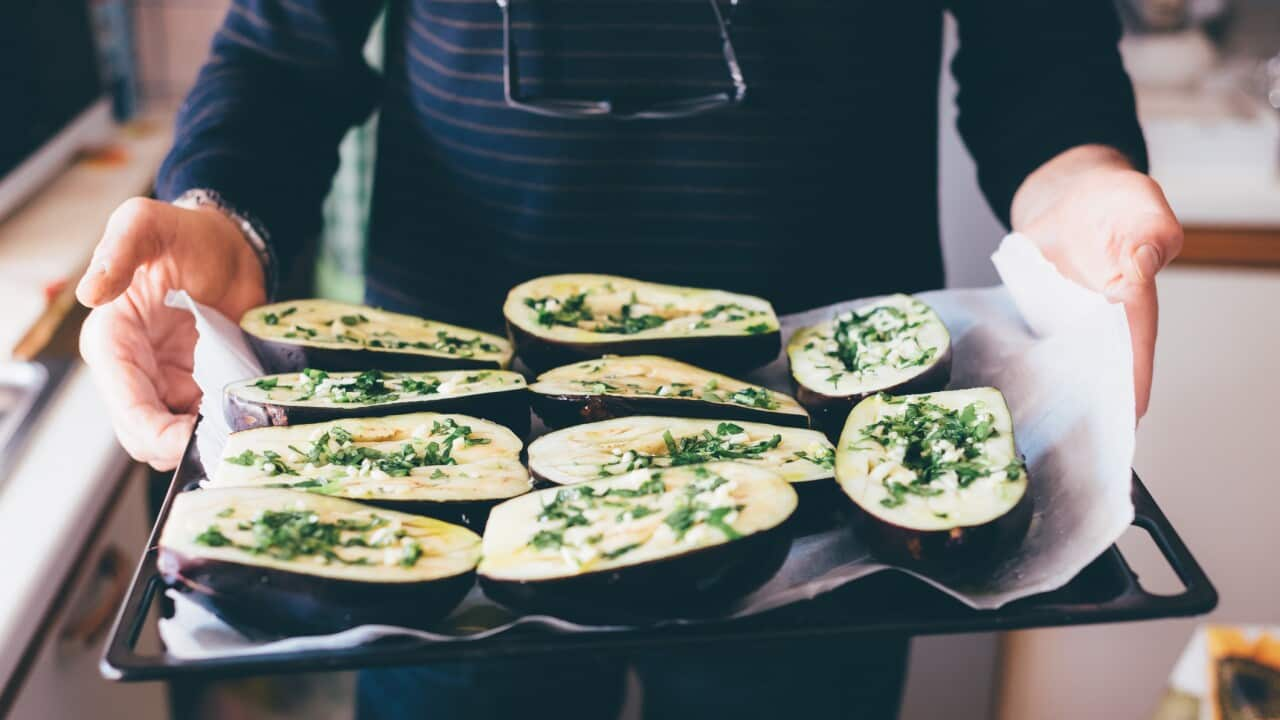As most people across the globe will die well before they reach their 100th birthday, anyone who lives long enough to become a centenarian is usually deemed hot property.
So it’s no wonder that researchers the world over have wanted to unveil what the secret to living a long life is and, most importantly, what you should eat to reach 100 and still feel healthy enough to enjoy your days.
Centenarians living in the ‘’ of the have long been the subjects of such fascination, given that these regions have continued to maintain an exceptionally high number of residents aged 100 and over.
Usually female centenarians outnumber male centenarians by a ratio of four to one; in Sardinia, the ratio is one to one.
Director of The Healthy Longevity Research and Clinical Program at the University of Sydney, , cites the Sardinian example in his new book, .
“An interesting fact is that this part of the world is home to the world’s longest-living men,” Prof Fontana writes in the book. “Usually female centenarians outnumber male centenarians by a ratio of four to one; in Sardinia, the ratio is one to one.”
He refers to population estimations from 2015 that record around 50 centenarians living in the Ogliastra province for every 100,000 residents. That’s a lot of people aged over 100 living in one small region.
While this is all great news for the inhabitants of Sardinia, where does that leave the rest of us? How should we eat to live a long life like a Sardinian?
The food secrets of Sardinia
Prof Fontana tells SBS that although the scientific data collected so far on the lifestyles on these older human beings have several limitations, one thing they all have in common is a plant-based, Mediterranean diet.
Residents only occasionally ate meat – usually on a Sunday and on special occasions.
“They ate a diet rich in vegetables, whole grains, legumes and small quantities of local goat cheese,” Prof Fontana says. “They were also calorie-restricted because food was not available everywhere all the time.”
They ate a diet rich in vegetables, whole grains, legumes and small quantities of local goat cheese.
The Mediterranean diet has long been heralded for being . But as we are now learning, the eating plan may also lengthen our life span.
As Prof Fontana writes in his book, the Mediterranean diet is beneficial to our health partly because it is rich in vegetable fibres. This means that the plant-based diet can help to control our calorie intake, lose weight and improve our metabolic health.
“This is a powerful tool, even for maintaining an ideal body weight as we age,” he writes. “Some studies have shown that just substituting refined with minimally processed plant food causes weight loss. For instance, during a five-month study, women following a fibre-rich Mediterranean diet lost four kilos without having to count calories.”
Gut matters
Prof Fontana stresses that it’s not enough to just eat vegetables – it’s essential to consume a diversity of minimally processed, fibre-rich foods – from beans to whole grains, nuts, seeds and fruit – to benefit our gut microbiome.
“These foods contain a unique mixture of vegetable fibres, vitamins, oligo-elements (pure trace minerals present in tiny quantities) and phytochemicals, which after being processed by our gut microbes, release several metabolites crucial in protection from many common diseases.”
earlier this year in the BMJ journal, , also highlighted the life-extending potential of the Mediterranean diet.
The authors set out to investigate whether following a Mediterranean diet for one year could alter the microbiome of over 600 elderly people from across Europe (UK, France, Netherlands, Italy and Poland). They wanted to see if the intervention could reduce their frailty and possibly extend their life by impacting their risk of inflammatory or age-related diseases.
The results showed that the Mediterranean diet may influence gut microbiota and inhibit inflammatory chemicals that lead to cognitive decline and various illnesses.
The study concluded that the diet has the potential to “promote healthier ageing”.
A fine balance of factors
However, as Prof Fontana tells SBS, many other factors contributed to the Sardinian residents’ longevity.
Throughout the course of their lives, exercise and movement were always at a high. “They did a lot of physical activity because they had animals or fields to take care of,” Prof Fontana says. “They worked very hard and did a lot of exercises.”
The centenarians maintained strong social connections and practised religion. They also had a compassionate temperament and lived an untroubled life that was characterised by sturdy ties with extended families.
“The puzzle of longevity is like a beautiful orchestra,” Prof Fontana tells SBS. “[To make it sound beautiful], you need a balance of different instruments. So the balance of the different factors is the most important thing.”







